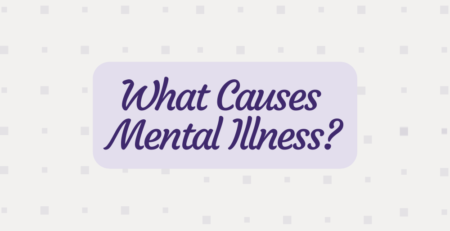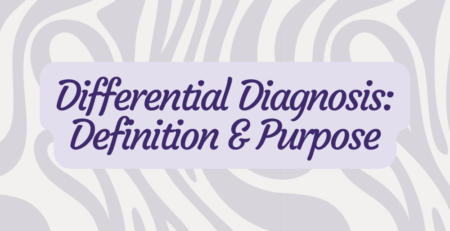What Causes Narcissistic Behavior?
Narcissistic behavior involves several toxic traits that can damage relationships and cause family dysfunction. Its characteristics include denial, gaslighting, manipulative behavior, a sense of entitlement and a refusal to take ownership of problems.
If someone you know is a narcissist, they may have narcissistic personality disorder, but that isn’t always the case. How can you understand why someone might act this way, and can mental health treatment help you heal?
What Is Narcissistic Abuse?
Narcissistic abuse typically involves emotionally abusive tactics such as insults, accusations, criticism or threats. A narcissist may gaslight you or contradict you in front of others. Withholding money, the silent treatment, isolation and dishonesty are other manipulative techniques in their toolbox. Ultimately, a narcissist abuser’s goal is to control their victim.
Survivors of narcissistic abuse may experience PTSD-like symptoms like intrusive, invasive or unwanted thoughts, flashbacks, avoidance, loneliness, isolation and mood swings. Any reminders of their experiences may be physically or emotionally triggering.
Narcissism Warning Signs
While mental health professionals have not identified one specific cause of narcissism, it often traces back to adverse childhood experiences and overly critical parenting styles. Since other mental health disorders have a genetic component, narcissism likely does, too. However, this is not an excuse for narcissistic abuse.
Narcissists have a sense of entitlement combined with an ongoing need for compliments, praise and adoration. They crave being the center of attention and believe they are naturally smarter or more talented than everyone else. Paradoxically, a narcissist’s arrogant, larger-than-life persona is a facade they have carefully created and maintained to mask their insecurities and low self-esteem.
Since narcissists struggle to relate and empathize with people, they might also blame others for any relationship problems that arise from their words and deeds. They lack the capacity for self-reflection, and feel no shame or remorse for their actions.
Ending a Relationship With a Narcissist
You can never please a narcissist. Because you cannot fix someone who is unwilling to change, it may be best to end the relationship for your mental health.
Leaving a relationship with a narcissist can be challenging. They may beg, promise to make things right, buy you lavish gifts or promise they will always love you. Stay the course by reminding yourself that you deserve better and are worthy of a healthy, mutually beneficial relationship.
Healing From Narcissistic Abuse
Recovering from narcissistic abuse can be a long journey, but with professional help, it’s possible to end things with a narcissistic abuser and lead a happier, more fulfilling life. A therapist can help you learn to recognize unhealthy thoughts, work through challenging emotions, improve your self-esteem, build new coping skills and have more realistic expectations for yourself and others.
At Serene Behavioral Health, we offer treatments that help our clients thrive and restore their self-worth. Our experienced clinical team offers multiple treatment levels for adult men and women suffering from complex mental illnesses such as depression, PTSD, bipolar disorder, schizophrenia and dual diagnoses. We incorporate evidence-based practices and modalities that provide proven pathways to wellness, including cognitive behavioral therapy, dialectical behavioral therapy and motivational therapy. To learn more about what we treat, contact us today.
















